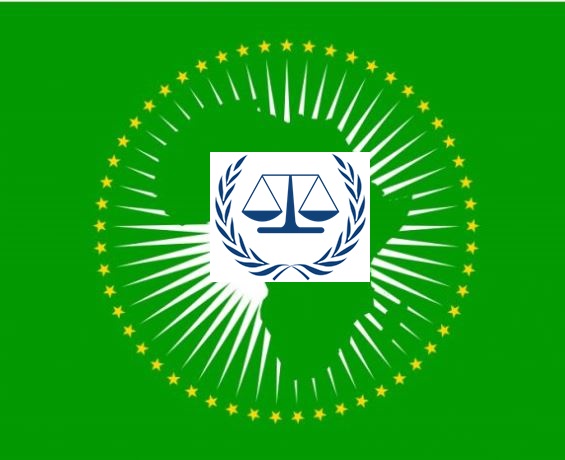During an extraordinary African Union (AU) summit to be held on 11-12 October 2013, in Addis Ababa, Ethiopia, African leaders may be asked to vote on withdrawing from the Rome Statute or ending cooperation with the International Criminal Court (ICC), amid politically motivated claims that the trials of the Kenyan President Uhuru Kenyatta, and Deputy President, William Ruto, who stand accused of crimes against humanity for the post-election violence in 2007 and 2008, indicate that the Court is targeting African leaders.
This is not the first time that the AU convenes a Summit with a very similar objective. After the issuance by the ICC of an arrest warrant against the Sudanese President Omar Al-Bashir (on 4 March 2009), an African Union meeting was held on 8-9 June 2009. On that occasion, the main convenor was Libyan leader Muammar Gaddafi. Going through exactly the same move, the June 2009 AU meeting was convened to discuss African States position on the ICC and to achieve a mass withdrawal (please click here to Read More). The ensuing AU decision reaffirmed the commitment of African ICC States Parties to the Rome Statute and the fight against impunity. Since then a number of other AU summits concluded with negative declarations against the ICC.
Statement by Alison Smith, Legal Counsel of No Peace Without Justice:
“No Peace Without Justice and the Nonviolent Radical Party, Transnational and Transparty (NRPTT) urge African leaders to reaffirm their firm commitment to support the ICC and the fight against impunity at the AU Extraordinary Summit, opposing any resolution aimed at undermining the Court by calling for non-cooperation or withdrawal from its founding treaty.
“The plight of the victims of human rights violations and mass crimes in Africa would be forgotten, if the African Union and its member States, as the body that is supposed to protect them, decide to stand on the side of impunity. Withdrawing or refusing to cooperate with the ICC would betray Africa’s commitment to protect and promote human rights and to fight for international justice, which is enshrined in article 4 of the AU’s Constitutive Act.
“To African detractors of the ICC who claim the Court is biased, we wish to note that African States are not the preferred targets of the ICC but its primary users. As such, they have not only been a driving force and played a crucial role in the establishment of the ICC, but African States are the most active in voluntarily referring to the Court cases of mass violations of international law committed in their territories. In so doing, the Democratic Republic of Congo, Uganda, the Central African Republic, Côte d’Ivoire, and Mali, recognised the usefulness of the Court.
“Impunity for politically-motivated violence has been the norm in Kenya for far too long and, so far, the Kenyan authorities have failed to undertake any domestic accountability process to address the crimes committed during the post-election violence that rocked the country in late 2007 and early 2008. Supporting the disgraceful and shameful attempt by the Kenyan authorities to protect its leaders from being held to account for crimes against humanity would be an insult to the hundreds of thousands of Kenyans who lost their lives and were displaced at that time. The ICC’s involvement is therefore of the utmost importance for Kenya to break the cycle of impunity, to send a loud and unequivocal message that politically-motivated mass crimes will not be tolerated and rewarded.
“We urge Africa’s leaders, particularly the leaders of those States who are members of the ICC, to demonstrate clearly their commitment to victims and speak out strongly against any attempt to embrace impunity and repudiate their rights to justice, truth and redress”.
For further information, contact: Alison Smith on asmith@npwj.org or +32-2-548 3912 – Greta Barbone (in Addis Ababa) on gbarbone@npwj.org or +32-486-533-920 – or Nicola Giovannini on ngiovannini@npwj.org or +32-2-548-3915.




